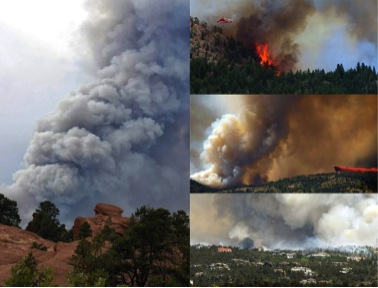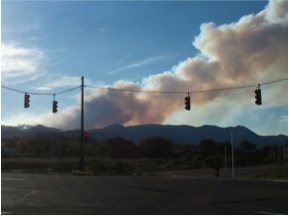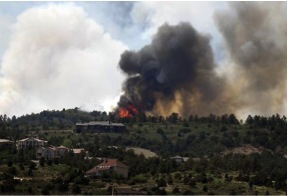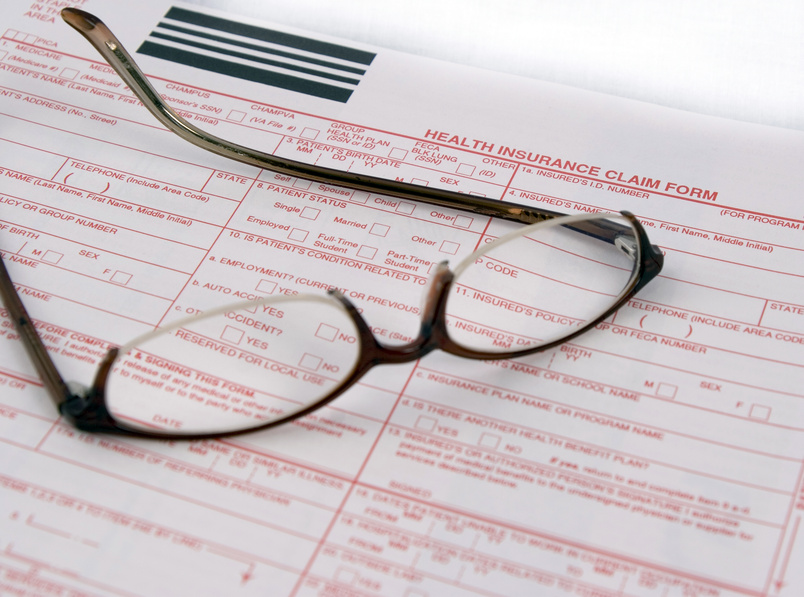Trevor Dierdorff is the founder, president and chief executive officer of Amnet, a company that designs, implements and supports computer networks for businesses with 10 – 200 computers. Every year since 2005, readers of the Colorado Springs Business Journal have selected Amnet as “Best IT Consulting Company”. I met Trevor in Colorado Springs at the annual awards luncheon of the Colorado Small Business Development Centers, where my hosts took me to see the beautiful Garden of the Gods and Pikes Peak, areas now affected by severe wildfires. I want to extend my thanks to him for contributing this guest blog to share his thoughts and his photographs about the wildfires in his community.
Complacent Colorado: Now Thinking About Disaster Preparedness and Business Continuity by Trevor Dierdorff
Fires raging just west of Colorado Springs have really brought disaster preparedness to the forefront here. In Colorado Springs, we are pretty insulated from most disasters. We are too far inland for hurricanes and big earthquakes. We don’t get tornadoes like the mid-west. We get a little snow here, but it has been fifteen years since we had a decent blizzard so we Coloradoans get a little complacent about disasters and disaster preparedness.
As of today, the Waldo Canyon Fire has consumed nearly 6,000 acres and is only 5 percent contained. While no homes or businesses have been destroyed (yet), entire cities and neighborhoods have been forced to evacuate. Highway 24 west of town has been shut for days and one of my employees lives on the other side of the roadblock. He was able to go 80 miles around the roadblock to get a hotel in town.
What if your business building was intact, but the police or fire department was going to keep you out of it for days or even weeks? Could you still serve your customers? Probably not, if you own a restaurant, retail store or hotel. Of course, that answer varies depending on what type of business you have and whether or not you have remote access.
Does your insurance cover a situation like this? Loss of Business Income Insurance does not typically cover your financial losses in this situation unless your structure is damaged which caused your losses. You may want to add this coverage if this is concern to you.
Here are some questions that you should ask yourself and then document your answers as part of your business continuity plan.
What would you need to do in the first 24 hours, after 3 days, after one week? These answers will probably be different.
What are some likely scenarios? Start with these.
What are some extreme scenarios? Don’t leave these out, but certainly cover the likely ones first.
What documentation have you done of your business assets and IT infrastructure?
Do you have a process to contact your clients and your staff?
What would you tell your staff to do?
Who has access to your Business Continuity Plan if you are unavailable?
This is just a short list of questions to get you thinking. Remember, everything you do before a disaster strikes determines the likelihood of remaining in business after the disaster.









